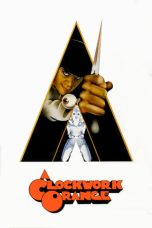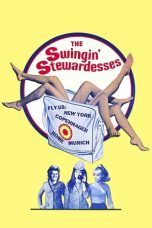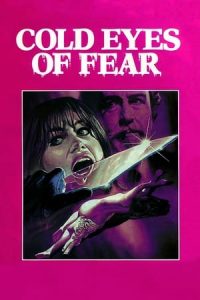- Source: Timeline of the Richard Nixon presidency (1971)
- Perang Vietnam
- Apollo 11
- Pembunuhan John F. Kennedy
- Antonin Scalia
- Timeline of the Richard Nixon presidency
- Timeline of the Richard Nixon presidency (1971)
- Presidency of Richard Nixon
- Timeline of the Richard Nixon presidency (1974)
- Timeline of the Richard Nixon presidency (1970)
- Richard Nixon
- Timeline of the Watergate scandal
- Watergate scandal
- 1968 United States presidential election
- Richard Nixon Presidential Library and Museum
The Bloodstained Butterfly (1971)
Cold Eyes of Fear (1971)
Hijack 1971 (2024)
Point Break (1991)
No More Posts Available.
No more pages to load.
The following is a timeline of the presidency of Richard Nixon from January 1, 1971, to December 31, 1971.
January
January 1 – President Nixon spends New Year's Day at Camp David with his family and aides.
January 2 – The White House releases the text of a message sent to Congress by President Nixon the previous day alongside his vetoing of a bill raising the pay for roughly 850,000 federal workers.
January 22 – President Nixon delivers the 1971 State of the Union Address to a joint session of Congress.
February
February 16 – Secret Service Agents install the White House Taping system. Its operation will be refined over the months to improve its reception.
March
March 24 – In a 51–46 vote, the Senate cuts off government funding for the Nixon-supported supersonic transport airplane.
April
May
June
June 13 – The New York Times begins publishing excerpts from the Pentagon Papers.
July
July 15 – President Nixon announces that he had been invited to visit China.
August
August 15 - Nixon announces his 'New Economic Policy', marking an end to the Bretton Woods system
September
October
November
November 3 – Secretary of Defense Laird meets with top American officials based in Saigon on intentions to send thousands of GIs back to the US during the holiday season.
November 8 – The White House states its interest in the imposition of revisions made to a water pollution control bill sponsored by Senator Edmund Muskie.
November 16 – Secretary of Health, Education, and Welfare Richardson discloses that the Nixon administration is looking into reforming the Social Security accounting system. The Senate votes 53 to 29 in favor of President Nixon having the authority to impose a 15% surcharge on imports into the US. Secretary of the Treasury Connally lauds the wage-price increase as successful and foresees post-freeze controls cutting inflation in half during the following year.
December
December 2 – Earl Butz is sworn in as the 18th United States Secretary of Agriculture.
December 9 – President Nixon vetoes a federal childcare program that he charges as too costly and unworkable. Congress sends a tax cut bill to President Nixon reducing the taxes on individuals and businesses by US$15.8 billion during the night.
December 10 – President Nixon signs a tax bill, cutting consumer and business taxes by 15.8 billion over the following three years, into law. William Rehnquist is confirmed to the United States Supreme Court by a Senate vote of 68 to 26.
December 11 – United States Deputy Secretary of Defense David Packard resigns.
December 12 – Secretary of State Rogers said continued lack of action by the United Nations on the India-Pakistan War would portray the UN as ineffective while speaking to reporters.
References
External links
Miller Center Nixon Presidential Timeline




















